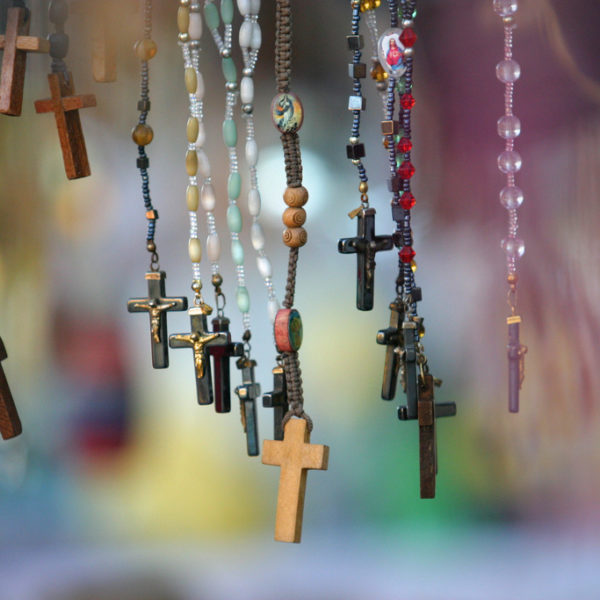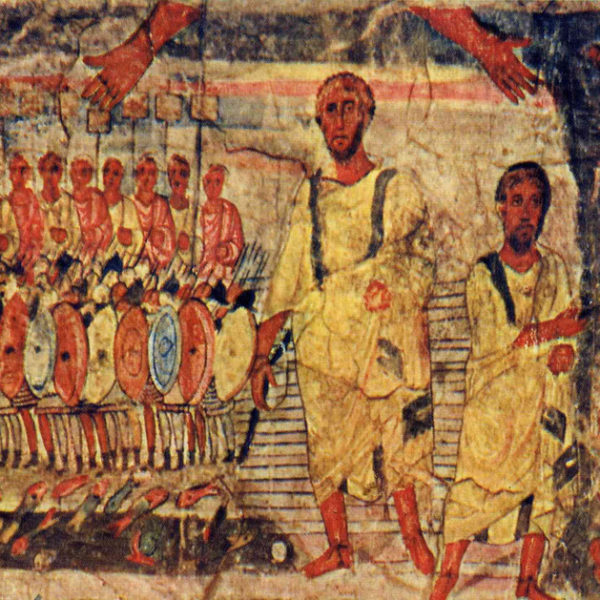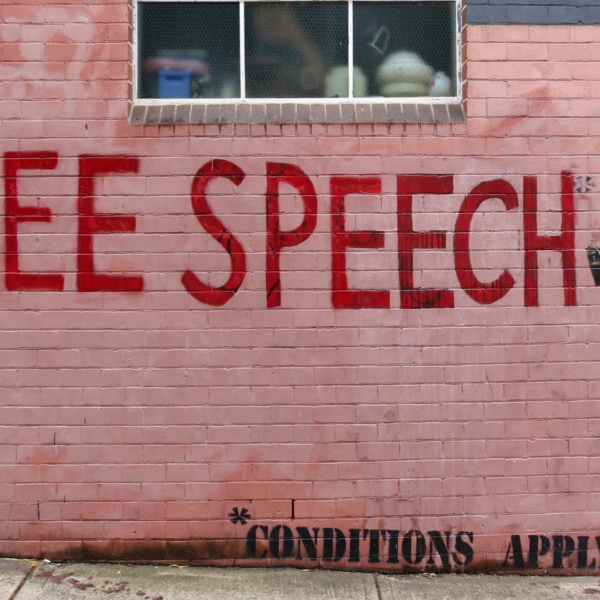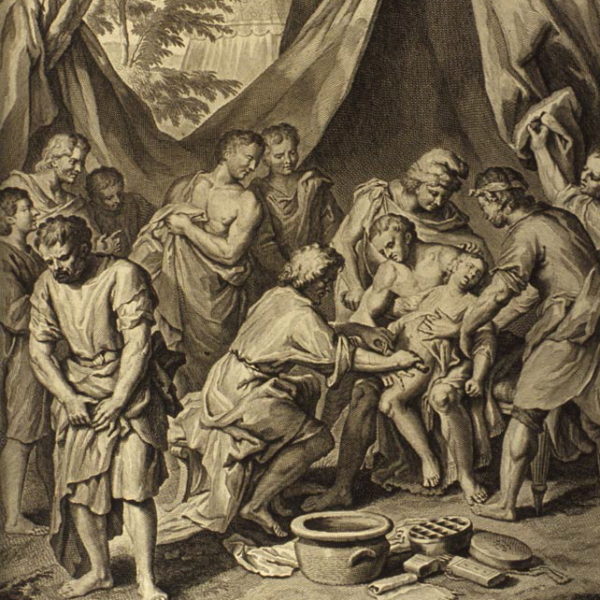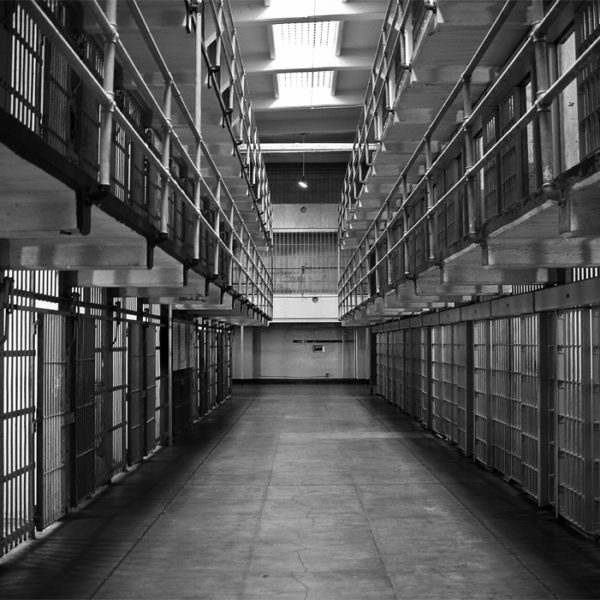
Too often, scholars enamored with Foucault’s work assert that physical torture waned with modernity. However, this is an uninformed understanding of penal history. From their inception, U.S. jails and prisons frequently tortured inmates.
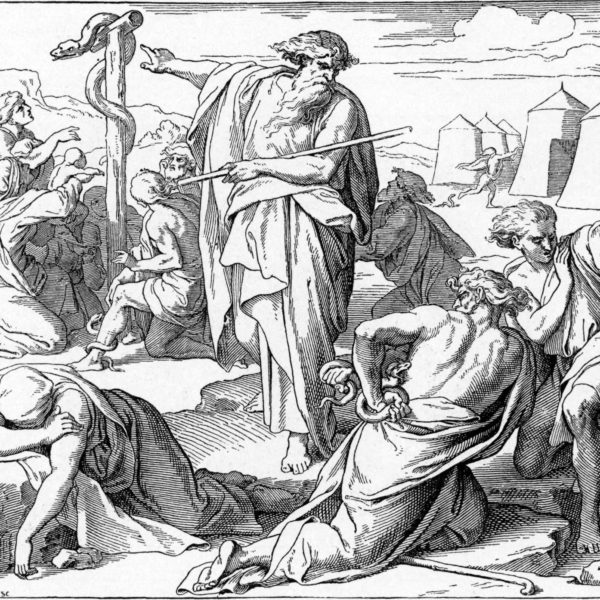
Although it is typically read as a passage about individual salvation and enjoyment of the life hereafter, read more closely, John 3:14-21 profoundly demonstrates that the elevation of Jesus on the cross confronts us with our own rejection of God’s gracious provision, our stubborn refusal to accept God’s way, and the radical, communal reckoning that leads to the fullness of life.
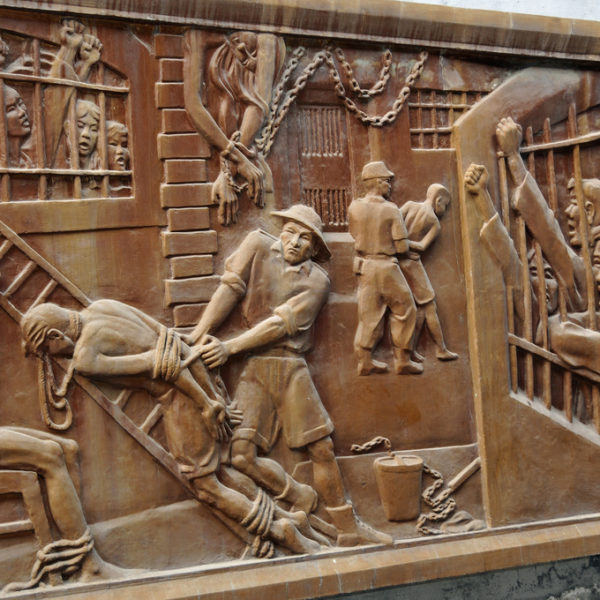
I have been writing about torture for the last decade. Does the recently released summary of the Senate report reveal anything that requires reconsideration of my earlier work? Surely, it is not news that the Bush administration, particularly in the first term, pursued a practice of torture. Nor is it news that the practice was not successful. After all, the turn to torture was puzzling partly because we have long known that it is not an effective means of obtaining information. In fact, torture is best understood as a practice not of inquiry but of communication.
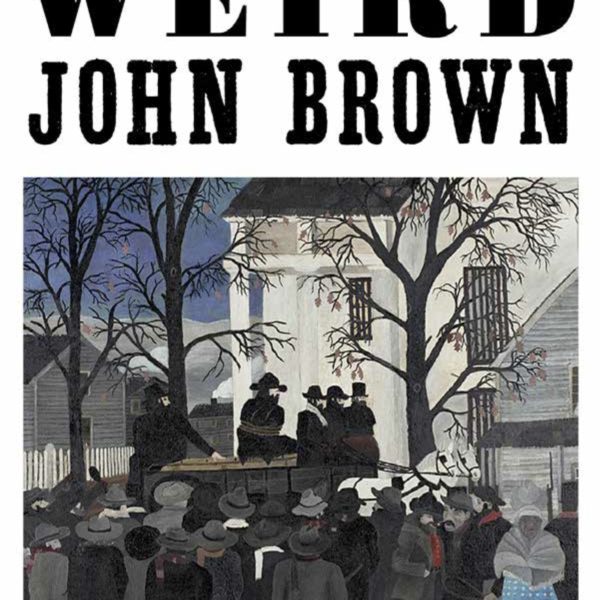
. . . In the book I think about what it would mean to see Brown as a “Great Criminal” who did wrong but can still be read as a sign of a divine violence that breaks the hold of the slave system on social imaginations and so makes possible not just new ways of seeing the world, but new ways of acting, new ways of connecting with others, and new ways of deliberating together.

Johannes de Silentio admits that “Abraham I cannot understand, in a certain sense there is nothing I can learn from him but astonishment.” Can we say the same about John Brown? Smith clearly wants us to learn from him and from what happened at Harpers Ferry, not to mention what happened six weeks later. But it is a curious sort of learning, since Brown’s exceptional status — like Smith’s subtitle — acknowledges the limits of ethics in making sense of the violence enacted by, and on, such a singular figure.

I think that a politics of penitence and repair can disrupt old divisive racial patterns, potentially enabling the emergence of new racial communities not marked by old forms of racial hatred and violence. Smith’s argument for penitence and repair is compelling and I do think that a Christian political theology calls upon us to consider these two important practices. Smith presents a theological discussion of pardon that eventually takes us to repentance and repair when addressing racial wounds.

This past week, especially in light of the Copenhagen shootings, commentary about the White House summit on combatting “extremism,” and the publication of a controversial article in the magazine The Atlantic by one of its editors on ISIS, the big question in the news right now seems to be: “do the conflicts in Middle East mean we are fighting a global ‘war of religion(s),’ or at least a war with, as well as within, Islam?”

